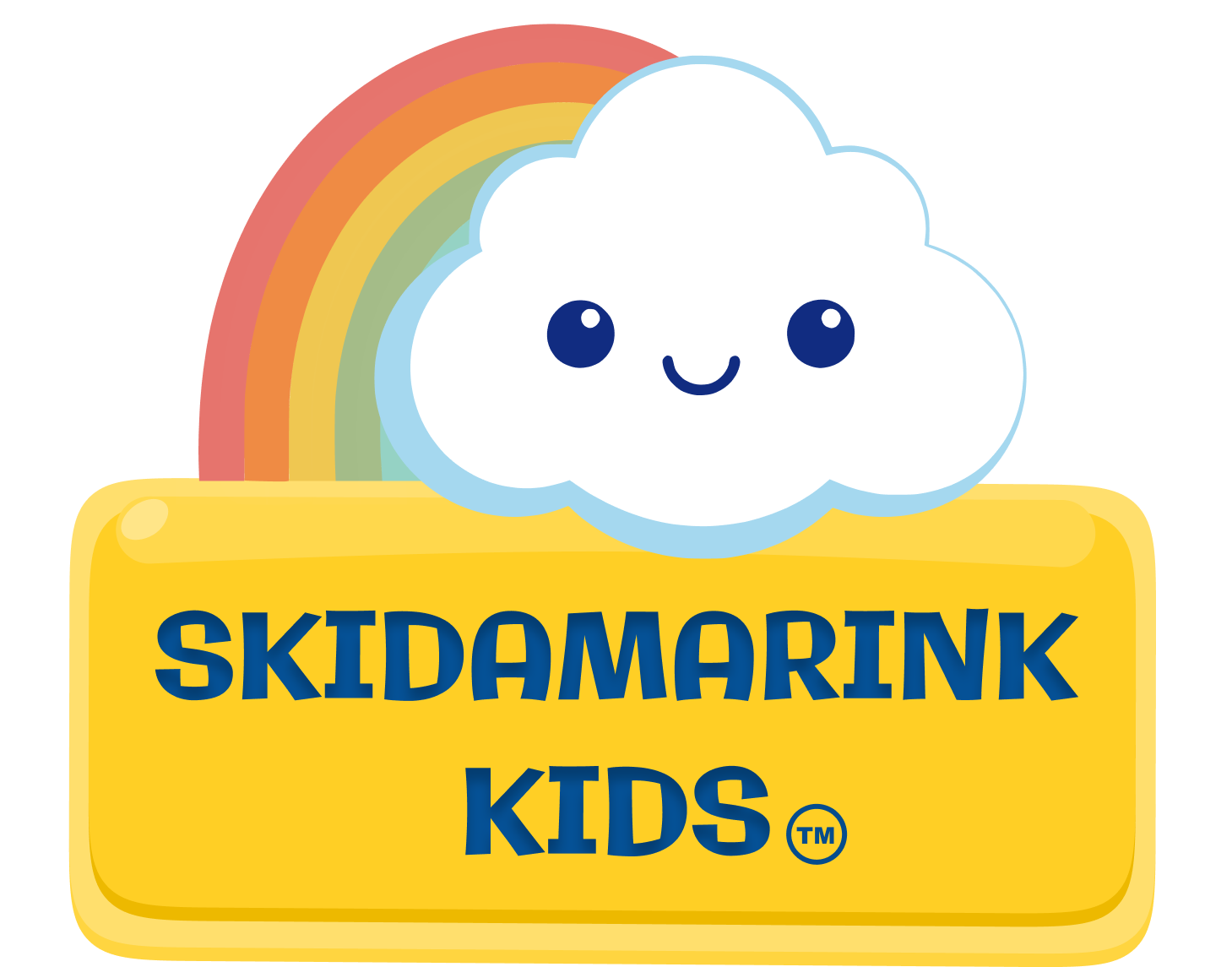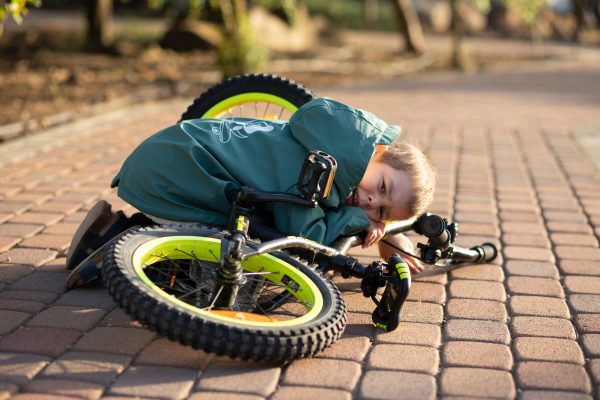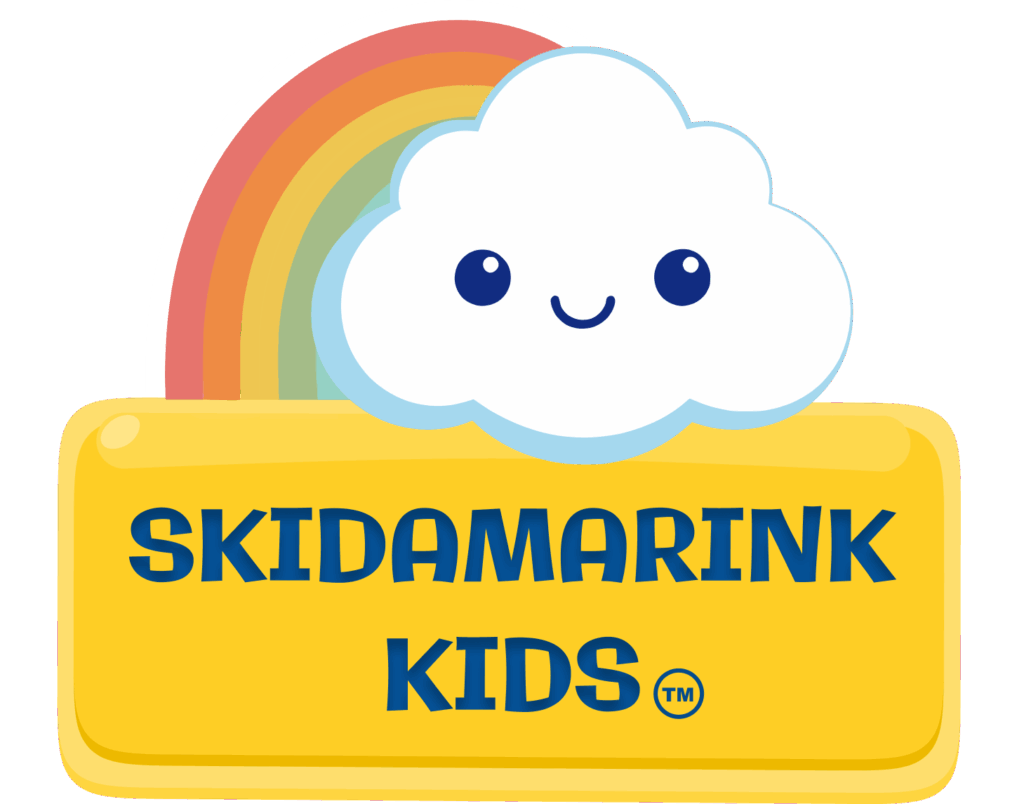Is your child struggling with coordination, balance, or fear of movement? Learn why developmental delays are on the rise and when to seek professional support if you have motor skill concerns.
The Rising Trend in Developmental Concerns
Today, more children than ever before require occupational, speech, and physical therapy interventions. The increase in attention issues, decreased self-regulation abilities, heightened aggression, sensory processing deficits, and delays in motor skills, balance, and strength is causing concern among parents and professionals alike.
Research indicates that the reduction in movement-based, unstructured play has been strongly associated with declines in physical fitness, developmental delays, and self-regulation challenges among children.
Understanding What's Behind Motor Skills Concerns

Several modern lifestyle factors are contributing to motor skills concerns:
- Limited Movement in Early Development: Babies spending excessive time in equipment like swings, bouncers, and car seats with insufficient tummy time
- Screen Exposure: High amounts of screen time reducing active play opportunities
- Sedentary Patterns: Increasingly sedentary lifestyles with limited unstructured playtime
- Overscheduling: Over-scheduled families leaving less time for free play and exploration
- Nutrition Challenges: High consumption of processed foods loaded with sugar, artificial dyes, and preservatives
- Educational Priorities: Decreased recess and playground time in educational settings
- Playground Design: Limited playground equipment that encourages developmental movements like spinning, climbing, and upside-down play
- Nature Deficit: Reduced time spent in natural environments that challenge motor skills
Recognizing Motor Skills Concerns in Your Child
Warning Signs That May Indicate Motor Development Issues
Watch for these signs that your child might need additional movement support:
- Consistently avoiding certain types of movement or physical activities
- Difficulty completing age-appropriate physical tasks
- Frequent falling, tripping, or poor balance beyond typical development
- Delayed achievement of motor milestones compared to peers
- Extreme fear of movement or heights that limits participation
- Strong resistance to physical activities that peers enjoy
- Constant, excessive movement that interferes with daily activities despite regular physical activity opportunities

Taking Action: When to Seek Professional Support
If you’ve noticed any of the warning signs listed above, it’s important to take proactive steps:
- Consult Your Pediatrician: Start with your child’s primary healthcare provider to discuss your concerns
- Request Specialist Referrals: Ask for a referral to a pediatric occupational or physical therapist for specialized assessment
- Trust Your Instincts: Early intervention can make a significant difference in your child’s development
Remember: You know your child best. If you have concerns about your child’s movement patterns or motor development, don’t hesitate to seek professional guidance. Pediatric specialists can provide personalized evaluation and support tailored to your child’s specific needs.
For more information, check out my companion blog
For more information, check out my companion blog “Developmental Red Flags in Toddlers: When to Call the Doctor”

Supporting Motor Skills Development at Home
While waiting for professional assessment, you can support your child’s development with:
- Increased Movement Opportunities: Create daily time for active, unstructured play
- Reduced Equipment Time: Limit time in restrictive equipment for babies and increase floor play
- Nature Exploration: Prioritize outdoor time on varied terrain and natural surfaces
- Sensory Play: Offer varied tactile experiences through messy play and texture exploration
- Core Strengthening: Encourage activities that build core strength like animal walks and climbing
- Balance Activities: Create simple balance challenges appropriate for your child’s ability level
The Importance of Early Intervention
Research consistently shows that addressing motor skills concerns early leads to better outcomes. Early intervention can:
- Prevent secondary challenges from developing
- Build confidence and social participation
- Support academic readiness and success
- Establish healthy movement patterns for life
- Reduce frustration and behavioral concerns related to motor difficulties
Don’t wait to see if your child will “grow out of it” if you have persistent concerns. The sooner developmental support begins, the more effective it typically is in supporting your child’s overall development.
Professional Support Options
When seeking help for motor skills concerns, several professionals can provide valuable support:
- Pediatric Occupational Therapists: Focus on fine motor skills, sensory processing, and daily living skills
- Pediatric Physical Therapists: Specialize in gross motor development, strength, and movement patterns
- Developmental Pediatricians: Provide comprehensive assessment of developmental concerns
- Early Intervention Programs: Offer services for children from birth to age three with developmental delays
These professionals can conduct thorough assessments to identify specific challenges and develop individualized intervention plans to support your child’s development.
Conclusion
While developmental concerns are increasingly common, understanding the warning signs and seeking timely support can make a significant difference in your child’s outcomes. Trust your observations, seek professional guidance when needed, and remember that supporting your child’s motor development today builds a foundation for success in all areas of life.
Looking for more ways to support your child’s development through movement?
Check out my blogs The Power of Outdoor Play: Nature Time Essential Activities and Moving to Grow: Why Movement is Essential for Development
The Book “Balanced and Barefoot” by Angela J. Hanscom is a resource for great insights on movement and outdoor play.
Want to learn more about the connection between poor motor coordination and sensory processing?
Check out my blog Sensory Processing Dysfunction: Signs & Support for Children
– Kendra




